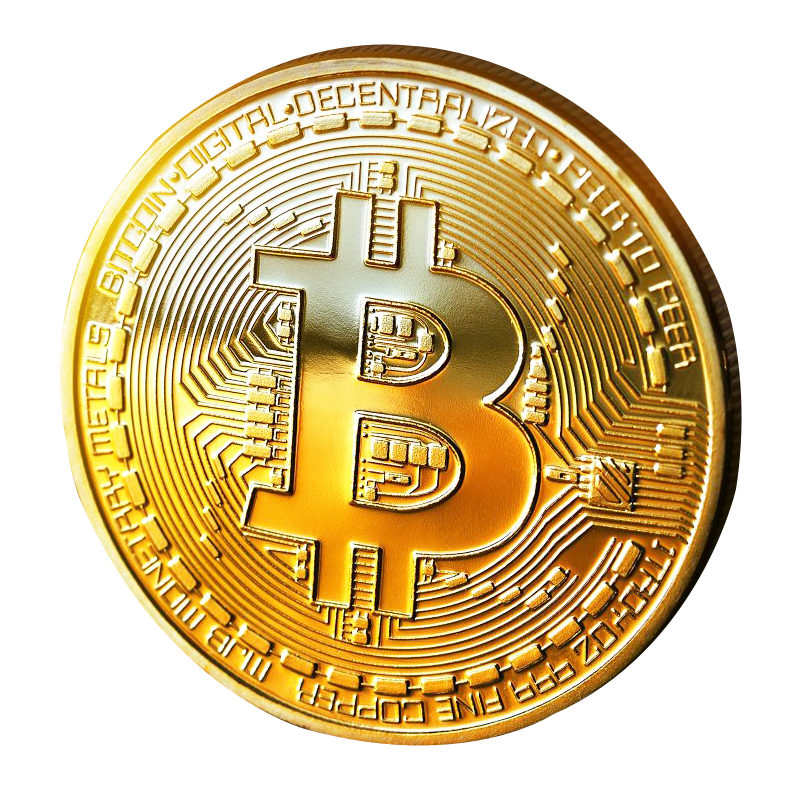Trading is Now Possible for Everyone!

Thailand’s financial landscape is poised for a technological leap as the Securities and Exchange Commission (SEC) unveils its Digital Asset Regulatory Sandbox. Initiated on August 9, the sandbox invites industry innovators to test and develop new digital asset services under flexible regulatory conditions. This move underscores Thailand’s commitment to fostering a supportive environment for cryptocurrency advancements within its capital markets. Regulatory frameworks detailed by the SEC in March outline that digital asset exchanges, brokers, and other service providers can engage in this sandbox to pioneer services tailored to the Thai market. The initiative aims to ensure that innovations align with the country’s financial stability goals while reducing potential risks. Sandbox participants are given up to a year to refine their services, with the option to request an extension. This development marks Thailand’s progressive stance towards cryptocurrency regulation. By encouraging a more crypto-friendly regulatory environment, the SEC supports significant initiatives like the launch of the country’s first Bitcoin ETF and introduces tax incentives for digital asset holders. These efforts collectively enhance Thailand’s position as a leading digital finance hub in the region.
Russian President Vladimir Putin has signed a new law that legitimizes cryptocurrency mining within the country, as reported by the Russian news agency TASS. This groundbreaking legislation recognizes various aspects of the digital currency industry, including mining pools and infrastructure operations, and frames mining as part of economic activity rather than currency creation. It specifies that mining can be conducted by registered Russian businesses and individual entrepreneurs, with provisions for unregistered individuals if they stay within set energy limits. Emphasizing the importance of this development, President Putin remarked on the need for Russia to leverage this opportunity to enhance its economic landscape through regulated and well-supported digital currency initiatives. The law also allows for trading foreign digital assets on Russian platforms, although the Bank of Russia maintains oversight to prevent potential threats to financial stability. The regulations are set to be enforced ten days after publication, ushering a new era of digital finance in Russia.
During a recent interview, Republican presidential nominee Donald Trump reiterated his support for cryptocurrency. Trump criticized the U.S. government’s recent sale of $2 billion worth of bitcoin, arguing that the U.S. should be building its crypto assets instead. He emphasized the importance of staying competitive, noting that other countries, particularly China, are advancing in the crypto space. Trump likened cryptocurrency to artificial intelligence, underscoring its significance in the technological landscape. The former president has shifted his stance on cryptocurrency, now advocating for the U.S. to become a “Bitcoin mining superpower.” Trump’s appearance at Bitcoin 2024 in Tennessee last month bolstered his re-election campaign, reportedly raising $21 million. As the government continues to hold about $11.1 billion worth of crypto, the market remains influenced by political developments. Trump’s pro-crypto position and his comments during the interview reflect a broader acceptance and strategic consideration of digital currencies in the U.S. economic framework.